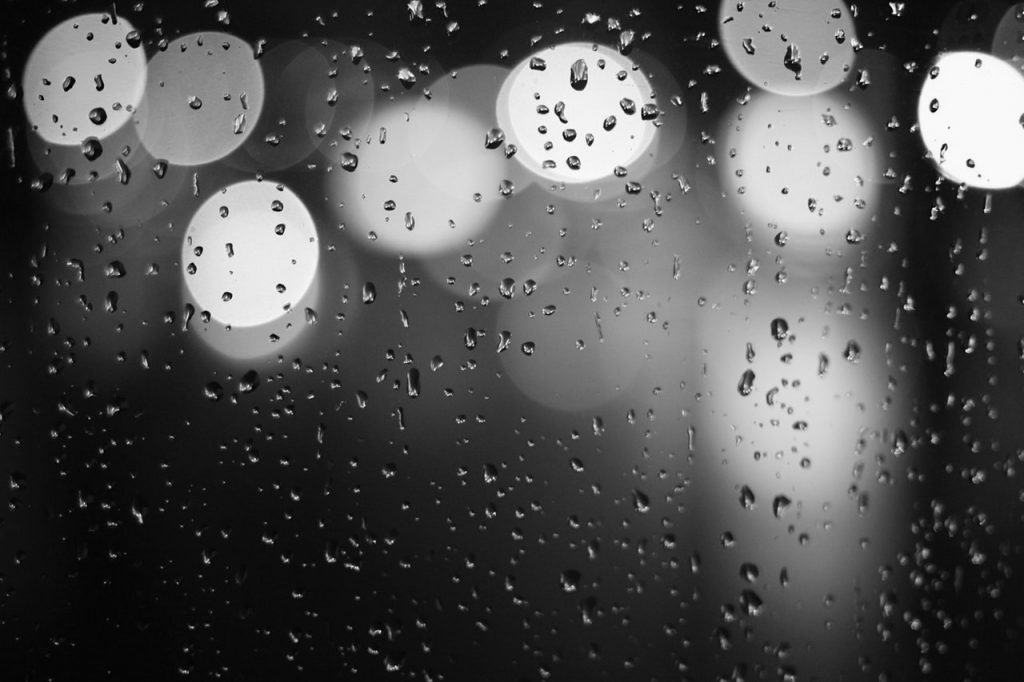Palestinian journalists are under stress from several directions. The media landscape is greatly politicised both in Israel and in Palestine, and group or political party identification of journalists is a very common problem.
Here is a list of six different types of censorship in Palestine:
- Israeli (military) censorship. Palestinian journalists have no free access to Israel, nor will they be granted a press card. Their work is hindered, for example by confiscating their material or by destroying their editorial equipment. Journalists can be arrested without specifying a reason.
- a) Palestinian Authority censorship in West Bank (censorship by the self-government body), which prevents journalists from accessing information sources, arrests and threatens them. b) Hamas censorship in Gaza is a degree more extreme. The life of the journalist can be in danger if their articles are contrary to Hamas’ viewpoint.
- Editorial censorship. The managing editor or editor-in-chief intervenes in an article for non-journalistic reasons. This often has to do with financial pressures from advertisers or threats from officials to close down the functions of the media office.
- Financial censorship. Advertisements are pulled due to an over-critical tone of writing or advertisers’ campaign against the sales of newsstand copies.
- Self-censorship. According to the Press Freedom Index, one of the greatest challenges for journalists working in Palestine, both in Gaza and in the West Bank, is self-censorship. This type of censorship is connected to losing face where journalists are bound as guarantors of an own state for the Palestinians. For this reason, it is not suitable for journalists to publish articles on corruption, (for the absence of a law that gives access to information or the fear of losing foreign financial aid) or the lack of governmental democracy (peace process and the dream of an independent state is endangered).
- Social censorship and self-censorship. In addition to the previous type, social pressure, taboos and low wages make the work of journalists harder even if the threat of violence is not severe. This type of censorship can include family, kin and religious taboos. Issues like sexual minorities, domestic violence or neglecting children are seldom reported in an investigative manner, even if the talk on the street is free. As a consequence of handling such issues, local journalists might receive death threats, or might be shunned by their kin or local community.
Source: Tapio Kujala: Media War in the Middle East – The Cross-Pressures of Journalism in the Israeli – Palestinian Conflict.
Keep Reading:
Palestinian national legislation on freedom of expression: Discrimination and equality in the work of journalists
Go back to the beginning of this section.
This article was updated on January 17th 2020.




